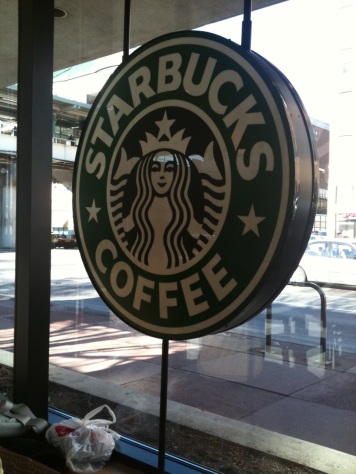We’ve said before that we’re big proponents of “smart marketing”: Companies that show they “get it” by marrying their business mission and vision to also serve some public good. By another name, it’s also called corporate social responsibility.
That approach to business, articulated with authority by Henry Ford in the early 20th Century—has been a proven model for “good,” as well as for effective business practices. Today it’s carried forward by many visionary companies.
We like to call it “makes-sense marketing” because, in effect, these companies are paying it forward and stockpiling public goodwill, as well as managing their “bottom line.” Periodically, we like writing about those companies and their campaigns on these pages.
So it brings us great pleasure to share this round-up of “smart marketing” companies, first published by Hubspot, who have made their “giving back” programs an integral part of the company culture. These companies include American Express, Lowe’s, General Electric, and others you may not be aware of.
And, more recently, another natural disaster, the incredible Typhoon Haiyan, motivated another corporate giant—Google–to get creative and show how it could help. Melissa Agnes writes about how Google is combining its business mission and tools with public service to provide critical help to those suffering during an enormous crisis.
Please take a few moments to check out these stories, take a few notes, and perhaps a few lessons from what they’ve done. And, by all means, tell us what you think. We’d like to see smart marketing—makes-sense marketing—become a real movement!
*A final note: As if made to order, shortly after publishing, we ran across this Forbes article on “Purpose” that we think summarizes the ethos quite nicely. The only thing we would add to the writer’s bullet list is be certain to “act” on your purpose!









